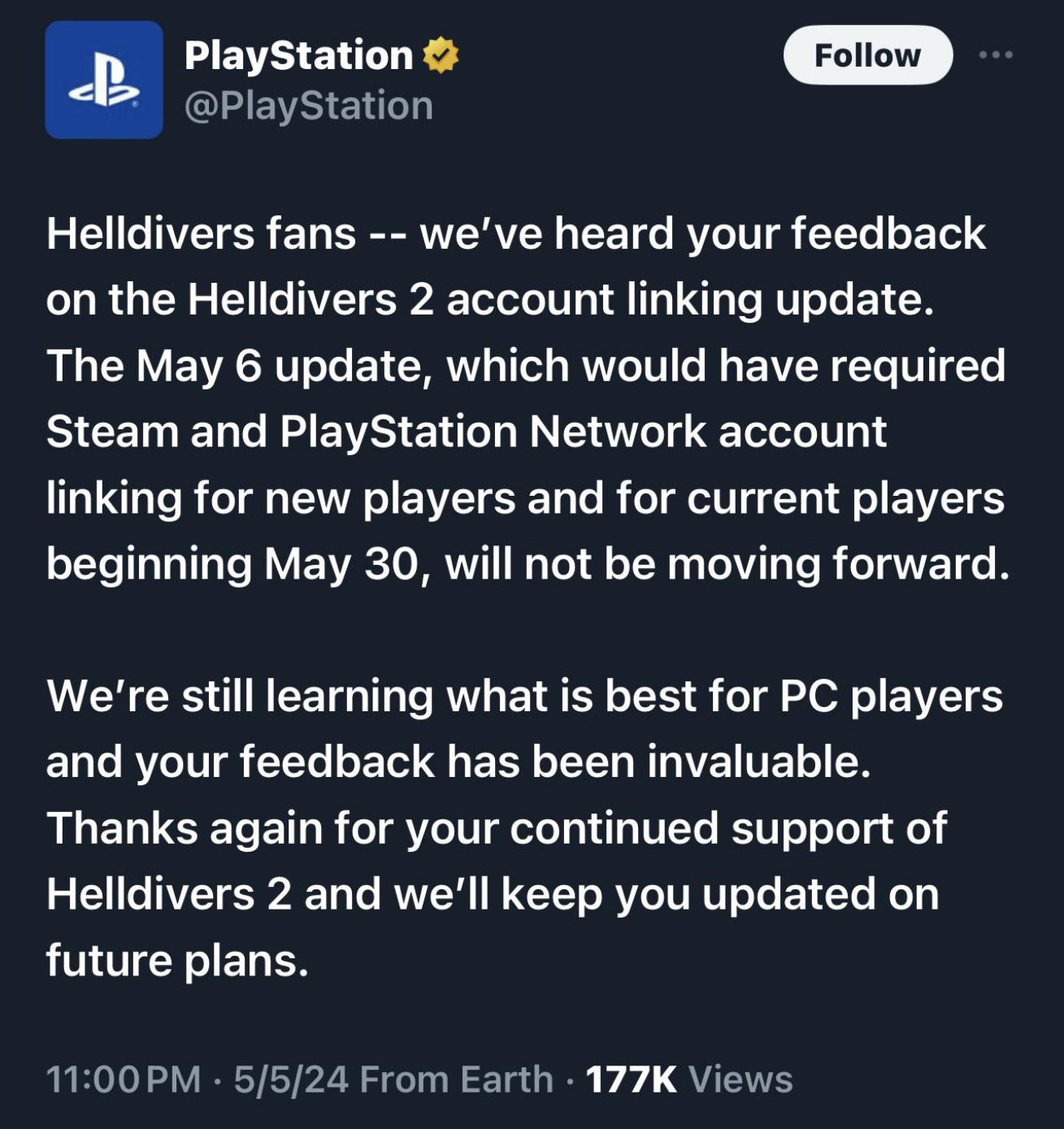this post was submitted on 06 May 2024
1484 points (98.9% liked)
Games
34482 readers
566 users here now

Welcome to the largest gaming community on Lemmy! Discussion for all kinds of games. Video games, tabletop games, card games etc.
Weekly Threads:
Rules:
-
Submissions have to be related to games
-
No bigotry or harassment, be civil
-
No excessive self-promotion
-
Stay on-topic; no memes, funny videos, giveaways, reposts, or low-effort posts
-
Mark Spoilers and NSFW
-
No linking to piracy
More information about the community rules can be found here.
founded 2 years ago
MODERATORS
you are viewing a single comment's thread
view the rest of the comments
view the rest of the comments

Does the rootkit install alongside the game like without explicit user action? That's pretty unfortunate.
There's a tooltip next to the update button that says something like 'Our Anticheat Vanguard is out now!' or smth like that. The rest is exactly the same as any other update
That is despicable TBH.
Keep in mind this is purchasing a Sony product after they already showed us who they were with the first rootkit scandal.
For the kids: